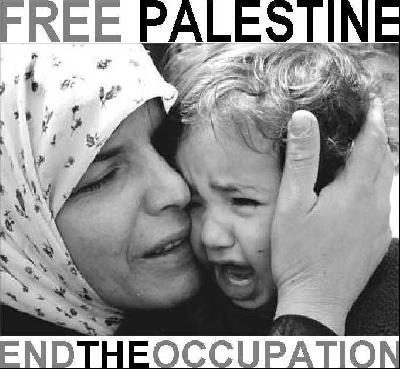Tzipi Livni told she can call Israel what she wants, but her demands to move Arab Israelis to Palestinian state are rejected

An Israeli flag is projected on to the Old City walls of Jerusalem. Secret papers reveal Palestinian acceptance of demands for a Jewish state, and Israeli leaders pushing to move Palestinians out of such a state. Photograph: Michal Fattal/EPA
Palestinian negotiators privately accepted Israel's demand that it define itself as a Jewish state, the leaked papers reveal, while Israeli leaders pressed for the highly controversial transfer of some of their own Arab citizens into a future Palestinian state as part of a land-swap deal.
Both issues go to the heart of the two-state solution to the conflict which 20 years of negotiations have failed to deliver.Palestinian Authority leaders publicly reject any ethnic or religious definition of Israel, and it is fiercely opposed by many of Israel's own Palestinian citizens.
When Israel's Likud prime minister, Binyamin Netanyahu, said last October he would temporarily halt settlement building in exchange for Jewish state recognition, the chief Palestinian negotiator, Saeb Erekat, described it as a "racist" demand.
But behind closed doors in November 2007, Erekat told Tzipi Livni, the then Israeli foreign minister and now opposition leader: "If you want to call your state the Jewish state of Israel you can call it what you want," comparing it to Iran and Saudi Arabia's definition of themselves as Islamic or Arab.
Palestinians see it as effectively closing down the "right of return" of refugees to what is now Israel, and undermining the national and civil rights of the country's 1.3 million-strong Arab minority.
The PLO and Israel formally recognised each other in 1993. But accepting Israel as an ethnically or religiously defined state is highly neuralgic, not least because it would be regarded by Palestinians as endorsing the legitimacy of Zionism.
Erekat signalled acquiescence but refused to formally discuss the matter further. "I don't care," he insisted in June 2009. "This is a non-issue. I dare the Israelis to write to the UN and change their name to the 'Great Eternal Historic State of Israel'. This is their issue, not mine."..read more
http://gu.com/p/2mtne/tw
